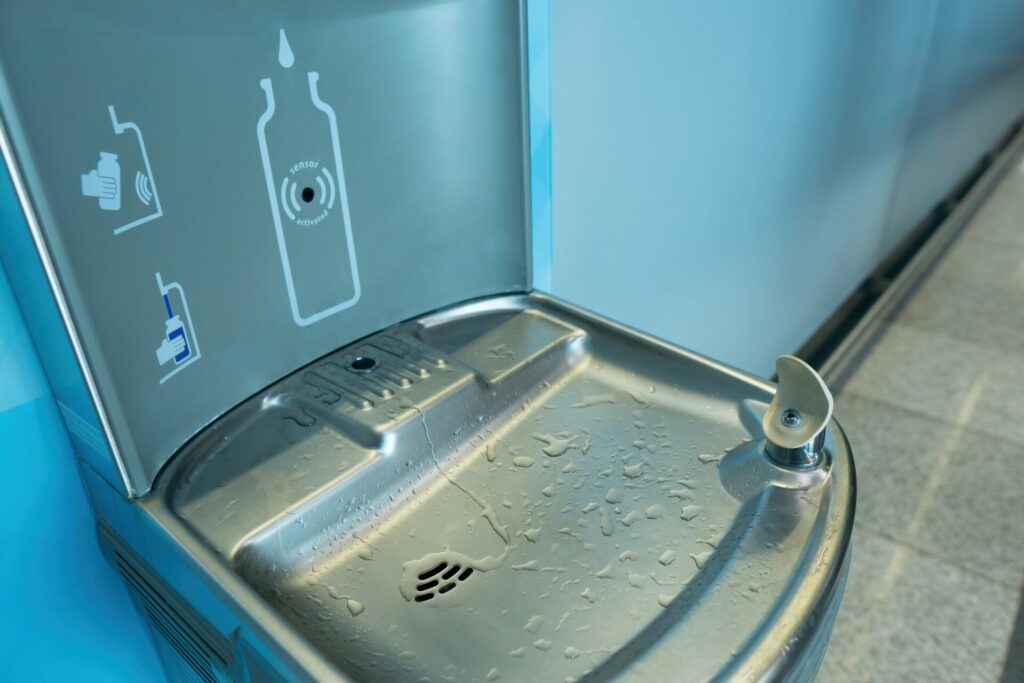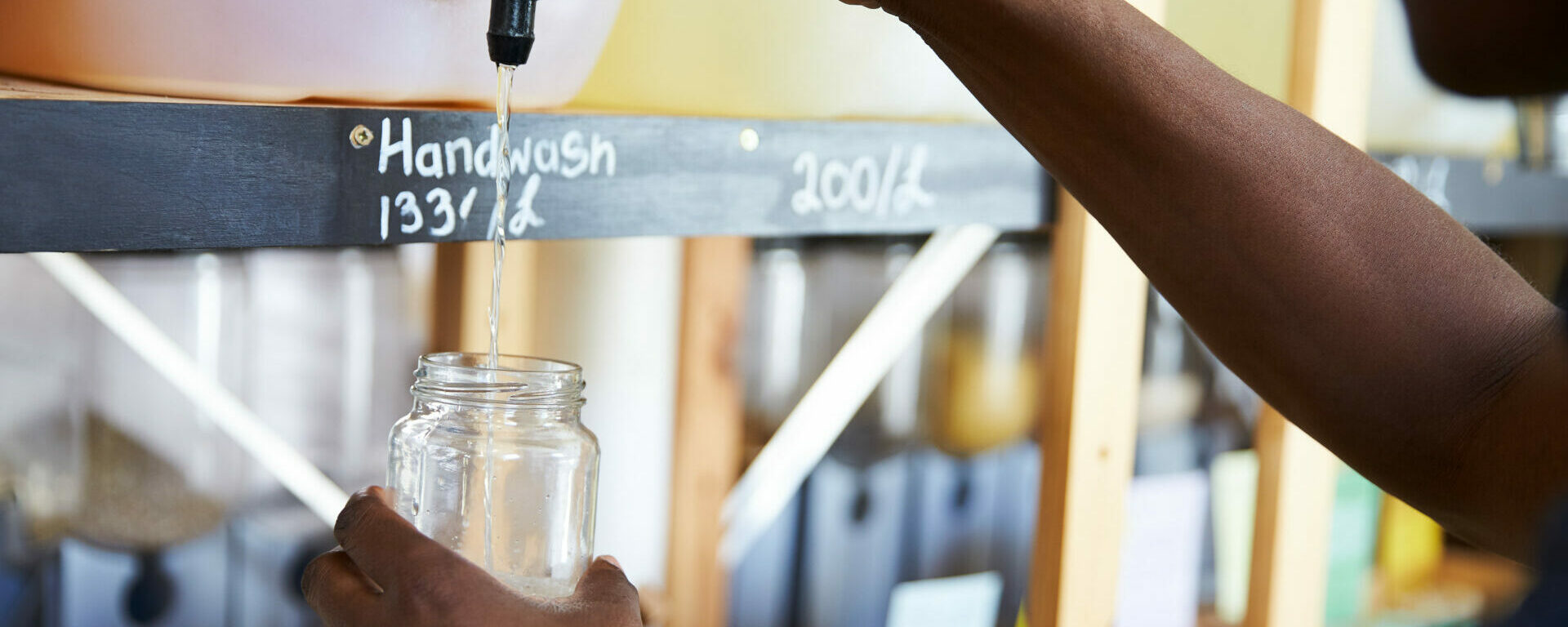What Do We Mean by Reuse?
Corporations design their products and packaging to be thrown away. All that waste goes to landfills and incinerators, which significantly harms neighboring communities and our environment. This cycle of production, consumption, and disposal must end. Investing and prioritizing a shift from single-use products to reusable ones is the most effective way to reduce waste. Not to mention all the harm that comes with it.
The Problem with Single-Use Culture
It’s no secret that we live in a single-use, throw-away culture where everything is disposable. While some products and materials can be recycled, most can’t. And that’s because materials, like plastic, are difficult and costly to recycle.
Addressing plastic pollution is critical for the health of people, our climate, and the environment. Yet, even as corporations phase out plastics, they usually replace them with other single-use items – some of which contain harmful chemicals. This keeps our throw-away culture thriving and demands resources from the environment. Maintaining a single-use culture means millions of tons of waste will continue ending up in landfills and incinerators, or as litter in the environment, every year. These landfills and incinerators pollute communities and harm human health. Plus, they keep us from reducing our waste.
We need to address our waste problem at its root. That means moving away from single-use culture to a reusable future.
100 Billion+
Single-use cups are thrown away in the U.S. each year
Source: FREEDONIA GROUP
Advancing the Solution
This is where reuse policies and solutions come in. At Just Zero, we work to create large-scale, accessible reuse systems. Reusables – products made of sustainable, non-toxic materials like glass, stainless steel, ceramic, and aluminum – decrease the need for single-use products and packaging in the first place.
Take the Skip the Stuff policy, which requires single-use items at restaurants to only be available upon request. This reuse solution means restaurants must rely on reusable items, rather than single-use plasticware, cups, and take-out containers. This policy can be a huge step in reducing restaurant waste.

Modern bottle recycling systems and producer responsibility for packaging programs also provide reuse solutions. These policies can create reuse systems for glass bottles and product packaging for common household goods, which would keep millions of tons of waste out of landfills and incinerators. This is the reusable, Zero Waste future we’re working towards.
